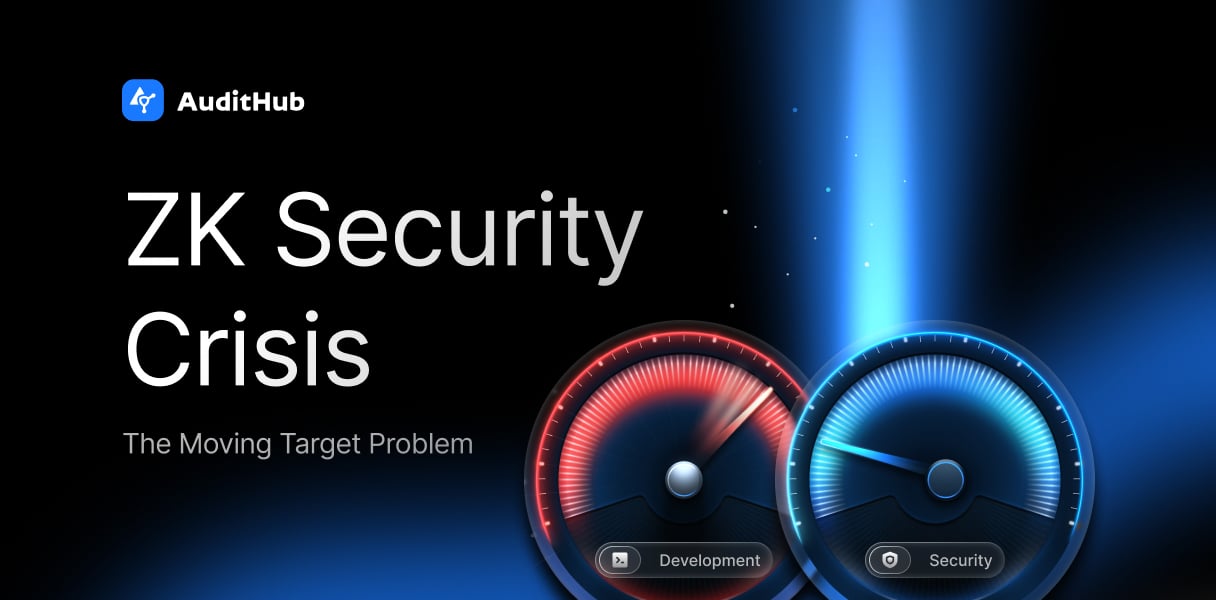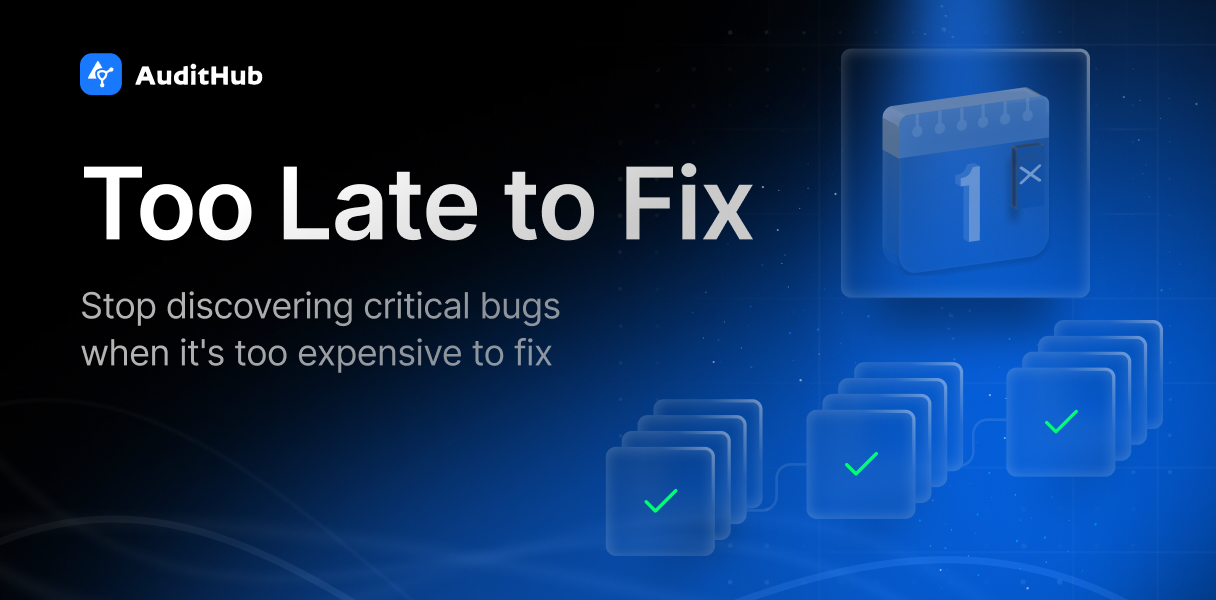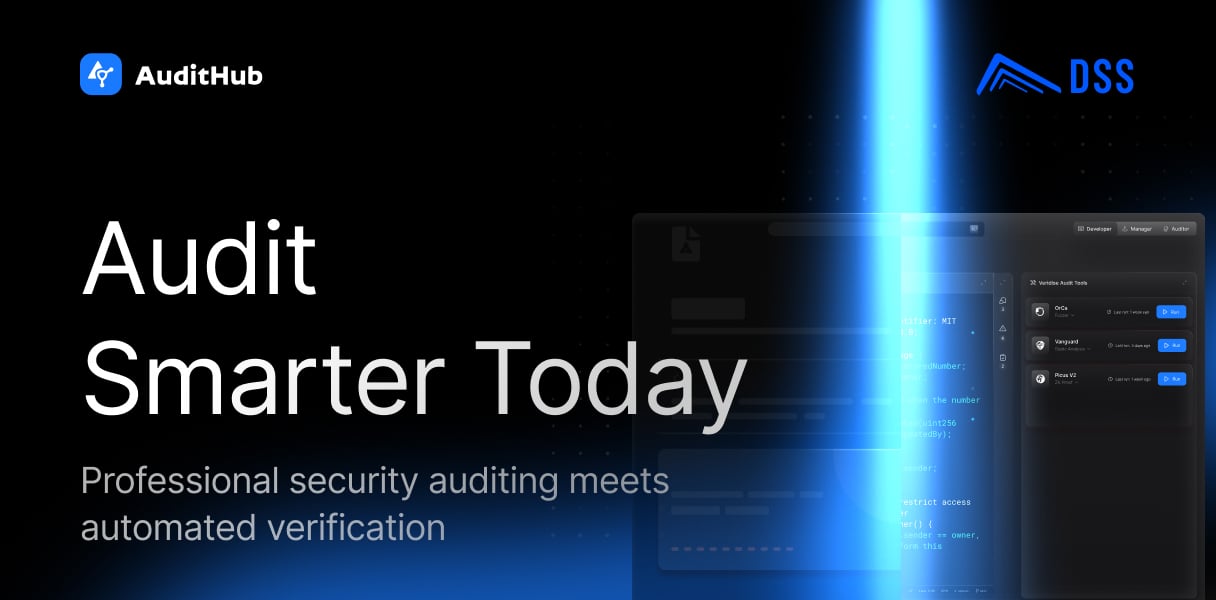Your team has a choice to make. And it’s a bad choice.
Ship fast and hope you caught all the security issues. Or slow down, wait for external audits, and watch competitors launch while you’re stuck in review cycles.
Most Web3 development teams feel trapped between velocity and security. You know undiscovered vulnerabilities could drain your protocol. You also know that every week spent waiting for audit slots means missed opportunities and burning runway.
The problem isn’t that you’re choosing wrong. The problem is that you’re being forced to choose at all.
Where Security Friction Actually Happens
Your team writes code for two weeks. Everything works in testing. But before moving forward, someone asks: “Are we sure this is secure?”
Nobody knows. The code looks right. The tests pass. But you won’t have confidence until an external auditor reviews it, and they’re booked for six weeks.
So you keep building, accepting security debt. When the audit finally happens, you discover issues requiring refactoring. Now you’re fixing code you wrote two months ago, struggling to remember context.
Then you deploy, hoping nothing slipped through. If something did, you’ll find out when someone claims a bug bounty or, worse, when value drains from your protocol.
How AuditHub Changes Development Workflow
AuditHub eliminates the choice between speed and security by embedding automated security analysis directly into your development process.
Watch Kostas Ferles, AuditHub’s CTO, explain how this works for development teams:
Instead of writing code for weeks and then submitting it for review, your team gets continuous security feedback as you develop. Each commit triggers automated analysis. Issues surface immediately, when you have full context and fixes are straightforward.
This changes the economics of security entirely. Bugs caught during development cost minutes to fix. The same bugs discovered during external audits cost days. Found in production? They cost millions.
The Tool Spectrum: From Detection to Proof
AuditHub provides multiple types of security tools:
Static analyzers like Vanguard automatically scan your codebase for common vulnerability patterns: reentrancy vulnerabilities, access control flaws, unsafe token transfers. Your first line of defense, running continuously to catch obvious mistakes.
Fuzzers like OrCa automatically generate test cases to exercise your code thoroughly. Instead of testing the happy path you already know works, OrCa systematically explores edge cases, unexpected input combinations and unexpected protocol interactions. This catches bugs that only emerge under specific conditions your manual tests never covered.
Formal verifiers like Picus provide mathematical proof about your code’s behavior. For zero-knowledge circuits, Picus proves that your circuit is properly constrained for all possible inputs. This level of guarantee is impossible to achieve through testing alone.
You choose which tools run based on what you’re building. DeFi protocols might prioritize static analysis and fuzzing. ZK applications need formal verification. AuditHub supports both.
The Compounding Benefits
Teams using AuditHub report three specific improvements:
Fewer external audit reviews required. Continuous analysis means auditors find fewer issues, reducing audit rounds and payouts from audit competitions or bug bounties.
Higher code quality at launch. Continuous feedback means your team learns to avoid vulnerability patterns and you avoid fixing issues with last minute hacks. Code reaching production is fundamentally more secure.
Security guarantees you can’t get elsewhere. AuditHub’s tools uniquely provide provable guarantees about your code. Picus guarantees your ZK circuits are deterministic across all possible inputs. Vanguard guarantees certain common vulnerabilities and programming errors don’t exist in your codebase.
This changes how you communicate security. Instead of expressing confidence based on testing, you state facts backed by formal verification. Guarantees, not guesswork.
Stop Choosing Between Speed and Security
Continuous automated analysis means you can move fast because security is built into your process, not bolted on at the end.
Ready to integrate continuous security into your workflow?
Book a Demo → See AuditHub in action and learn how it fits your workflow
Explore Documentation → Technical guides and integration instructions




